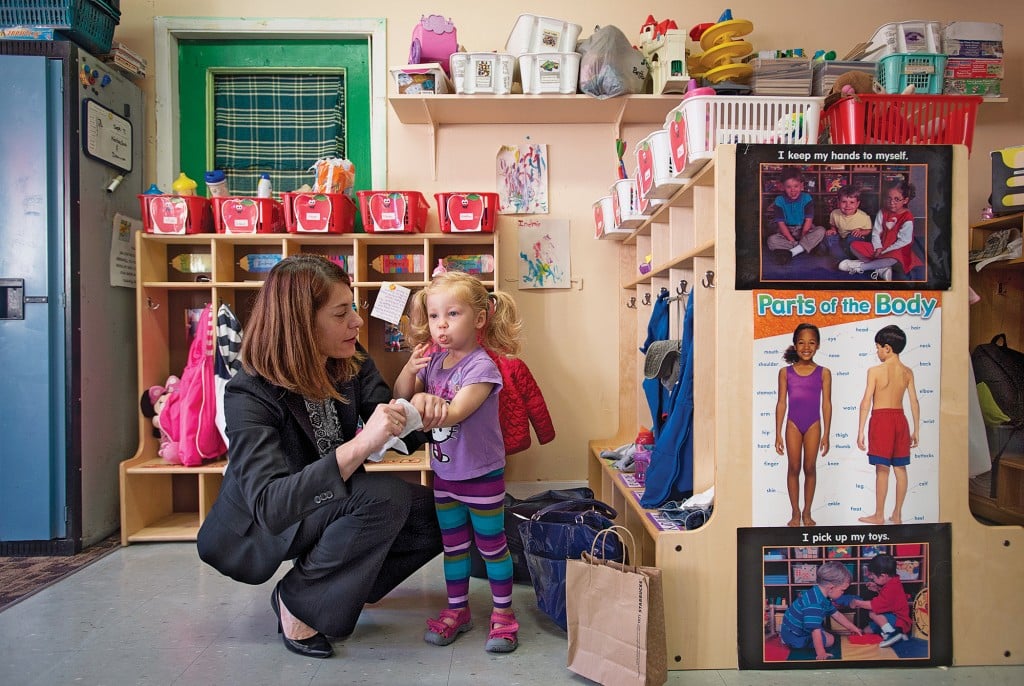6 questions to ask daycare providers
How to find the daycare that's right for your child
Advertisement
How to find the daycare that's right for your child

Share this article Share on Facebook Share on Twitter Share on Linkedin Share on Reddit Share on Email